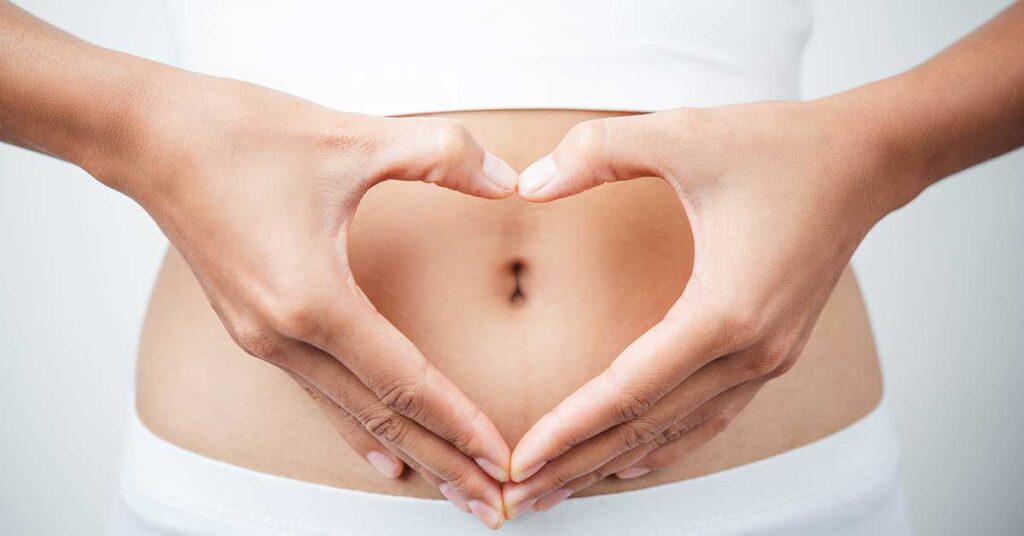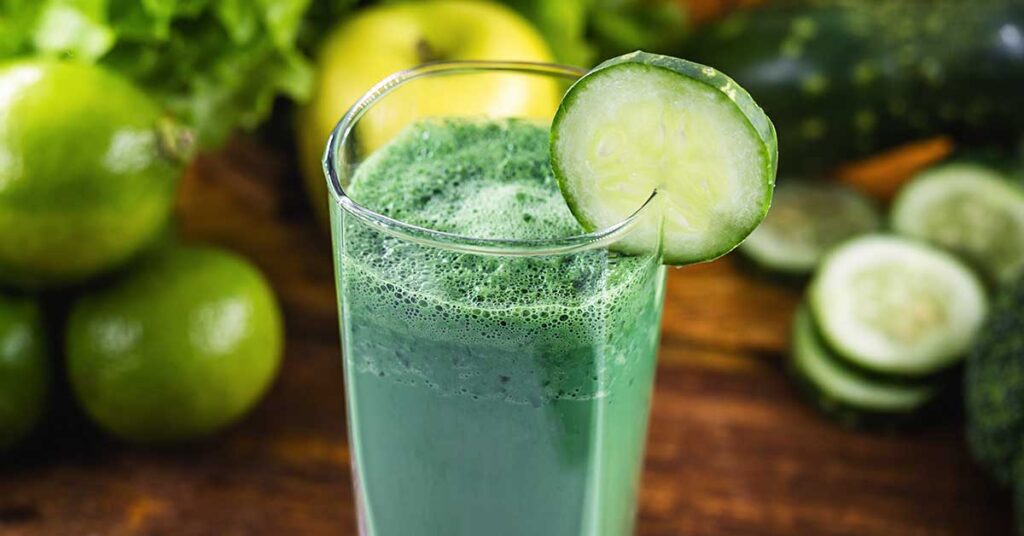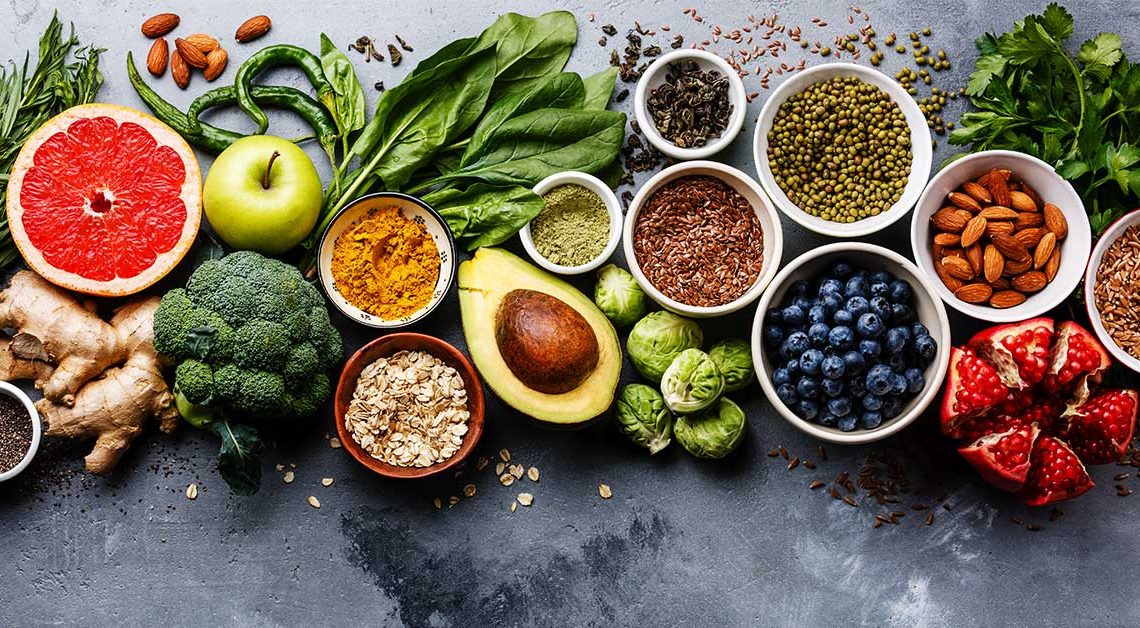HOW TOXINS HOLD BACK YOUR GAINS!
May 20, 2021Nowadays it is very hip to engage in detoxing. I regularly receive questions about this; supplements, certain diets, or even a ‘tea toxin’ . No idea what it entails and I honestly didn’t look it up either. I have my own opinion on this craze, but let’s keep it substantiated and objective. First of all, it may be known that our body has a large number of options to combat toxins. You should go to the toilet several times a day. I can tell you that no, or at least not many, useful foods should disappear into it. As much water as possible is even reabsorbed, so that a concentrated amount of waste remains. I’m talking about numbers 1 and 2 by the way.
In addition, we have an immune system that is extremely busy every day to make all kinds of intruders and harmful substances harmless. We have stomach acid, which not only has a function in protein digestion, but also in rendering bacteria harmless in food. We have a liver; an organ with a huge number of different functions, of which detoxing is certainly not the last.
However, to dismiss this article would be too short-sighted; that is why I want to delve further into the matter with you.
ONLY HARMFUL INSIDE THE BODY
The above piece does not mean that we do not have to pay attention to anything because the body regulates everything anyway. What does not come in does not have to be made harmless. Under normal circumstances we can ingest toxins (detoxes – toxic – toxic substances / toxins) in different ways. As we have discussed earlier in other articles, a substance can only have an effect if it is in our body. The air we breathe is only ‘in’ our body when it is absorbed into the blood. Food that we eat is still part of the external environment as long as it is in the gastrointestinal tract.
It is only in our body with the real admission. Likewise for toxins. That means that toxins must be absorbed before they can cause damage. This can be done in various ways, of which we have just mentioned 2, namely eating or drinking and by inhaling. In addition, our skin is not impenetrable and we can also ingest toxins through our skin.

WHAT ARE TOXINS?
Perhaps it is good to first give some attention to what toxins are and where they are contained. Toxins negatively affect our metabolism and endocrine system. They can be produced internally by our body as a byproduct of energy production. However, as discussed above, we can also get them in from the outside world. Today it is impossible to avoid exposure. The air and water are full of toxins, our food is sprayed with them and animals that we eat or drink milk from also ingest them. Fish ingest heavy metals, petrochemicals and plastic from the water and so on. This is a fact, nothing can be done about it.
What we can do something about is to support our body so that it can handle these toxins as well as possible. In addition, we can make choices that will limit our exposure.
We can limit the amount of toxins we put on or inject on our body, we can limit the amount of toxins we consume through food. Think of cleaning products, detergent, deodorant, shampoo, shower gel, perfumes, etc. I am of course not saying that we have to go back to the Stone Age, but it can be good to ask yourself how much you use and whether there may be less harmful alternatives. For yourself, but also for the environment. In addition, think of the choice of paint, plasticizers in plastic that children chew on, (cigarettes) smoke, heating plastic containers with food, etc.
EFFECTS OF TOXINS
Let’s move on to the effect of toxins on the body. There is an enormous amount of research that shows that toxins can unbalance hormones and indirectly cause all kinds of problems and even obesity and cancer. An accumulation of toxins in the body can cause an imbalance in the functioning of, for example, the thyroid gland. Lower thyroid function can have a huge impact on your overall metabolism.
In addition, toxins cause inflammation and we know from previous articles what the negative effects of too much inflammation can be. Inflammation has a very negative effect on, among other things, the insulin sensitivity of muscle tissue.

IS LOSING WEIGHT REALLY HEALTHY?
The body usually stores toxins in adipose tissue. Here they are often less harmful. This is also the reason that eating predators or animals higher in the food chain is often unhealthy or at least will expose you to more toxins than animals lower in the food chain. Waste products that the body does not excrete properly concentrate more and more as you look higher in the food chain.
The storage in fat tissue is thus more favorable than that toxins would continuously circulate around the body in the bloodstream. However, once you start losing weight, the stored toxins are released; so during cutting you are not only exposed to toxins through food, air or anything that you smear or spray on your skin, but also internally, from fat tissue.
DIFFERENT TYPES OF TOXINS AND DIFFERENT EFFECTS
All toxins will have a negative effect on the metabolism and directly or indirectly on your body composition. Research has linked pesticides to neurological problems, which will lower your output. Xenoestrogens can increase inflammation and depress testosterone levels, which in turn negatively affects insulin sensitivity and possibly muscle mass. Heavy metals can lead to bone loss, damage organs such as kidneys and liver and increase the risk of various types of cancer. Phthalates can cause all kinds of problems, even problems with reproduction and development. Parabens affect the endocrine system, especially estrogen related. BPA can affect the thyroid gland and can have estrogenic effects in the body.

THE HOLY DUO AGAINST TOXINS
Reducing your exposure to toxins can therefore reduce stress on the body, leaving more energy and nutrition for training, being active and feeling good about yourself. Eating healthier (and I mean not only in terms of toxins but also in terms of diet itself) will give your body more access to the micronutrients it needs to deal with toxins and also place less stress on the body so that the body has more energy left. to detox. Manage your stress in the same way; limiting your exposure to stress can in turn positively affect your body composition and / or your ability to deal with toxins.
So you see that managing lifestyle is very important and that diet and lifestyle do not stand alone, but are inextricably linked. This is also the reason that I hammer so often on stress management and sleep.
HOW DO YOU AVOID TOXINS?
Now we’ve had a whole story about the negative effects of toxins, but you probably also want to know what we can do to reduce exposure. I have already mentioned a number of points. One of the most exposed substances are phthalates. These substances are used to make plastic stronger or more flexible, but also in glue, perfumes and inks.
Exposure to these substances comes mainly from scented perfumes, lotions, soaps, shampoos and conditioners. From cosmetics, nail polish, scented candles, deodorant. From air fresheners, plastic packaging material or plastic bags and from plastic or rubber toys.
Parabens are another substance that we are exposed to a lot. These are mainly found in lotions, moisturizing creams, shampoo and conditioner. In addition, in mouthwash, toothpaste, shaving gel and processed food, but also in detergent and all-purpose cleaner.
PBDEs often act as a flame retardant and are used in many household products such as fabrics, upholstered furniture and electronics. Consider, for example, blenders and toasters.
BPA is found in canned food (including cans of drink), plastic bottles and food storage containers.

THE IMPORTANT QUESTIONS
It may therefore be wise to take a closer look at whether you can use less of these things than you do now. I do not want to say that you should get rid of plastic completely, no longer brush your teeth, only wash your clothes with water, no longer toast your bread and drink cans of soda, but a little awareness can’t hurt.
Do you heat your food in the microwave or else while it is in plastic containers or cups?
It is better to first pour or scoop the food onto a plate or a glass.
Are you exposed to fumes from paint, detergent or exhaust fumes at work? Maybe it might be wise to take a look at protection.
Do you only eat ready-made food with a lot of preservatives or dyes? Also try to eat fresh.
Do you use a lot of deodorant, perfume, lipstick, nail polish, lotions or other cosmetics? Try to find alternatives that are more natural.



